Storage duration and Non-local Objects in C++ -- Bartlomiej Filipek
 C++ allows us to declare various forms of non-local objects: they usually live throughout the execution of the whole program. In this article, we’ll look at global variables, dynamic, and thread-local objects. We’ll also consider new features for safe initialization C++20.
C++ allows us to declare various forms of non-local objects: they usually live throughout the execution of the whole program. In this article, we’ll look at global variables, dynamic, and thread-local objects. We’ll also consider new features for safe initialization C++20.
Storage duration and Non-local Objects in C++
by Bartlomiej Filipek
From the article:
To start, we need to understand two key properties of an object in C++: storage and linkage. Let’s begin with the definition of storage, from [basic.stc#general]:
"The storage duration is the property of an object that defines the minimum potential lifetime of the storage containing the object. The storage duration is determined by the construct used to create the object."
An object in C++ has one of the following storage duration options:

 Registration is now open for CppCon 2023! The conference starts on October 1 and will be held
Registration is now open for CppCon 2023! The conference starts on October 1 and will be held 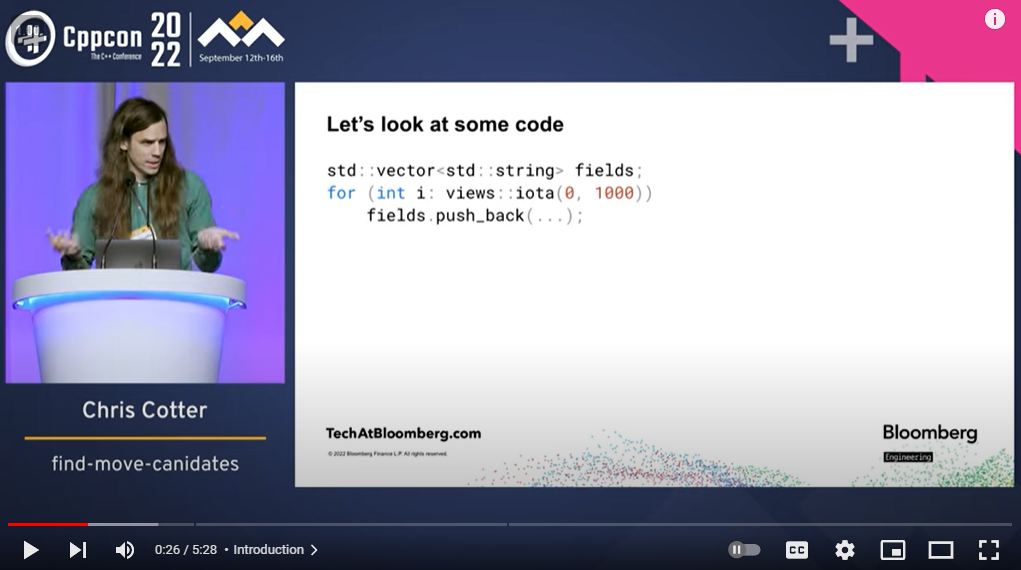 Registration is now open for CppCon 2023! The conference starts on October 1 and will be held
Registration is now open for CppCon 2023! The conference starts on October 1 and will be held 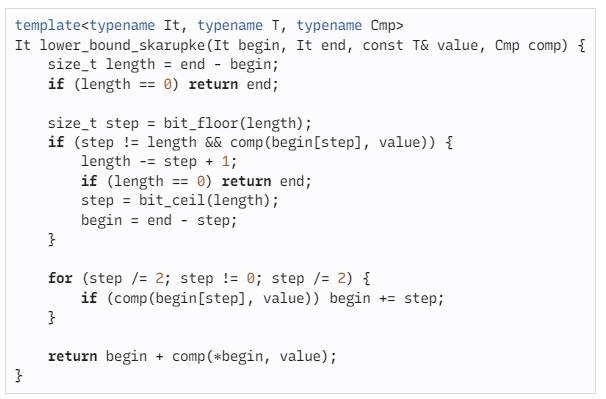
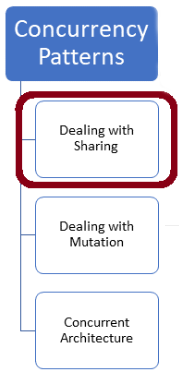 If you don’t share, no data races can happen. Not sharing means that your thread works on local variables. This can be achieved by copying the value, using thread-specific storage, or transferring the result of a thread to its associated future via a protected data channel.
If you don’t share, no data races can happen. Not sharing means that your thread works on local variables. This can be achieved by copying the value, using thread-specific storage, or transferring the result of a thread to its associated future via a protected data channel.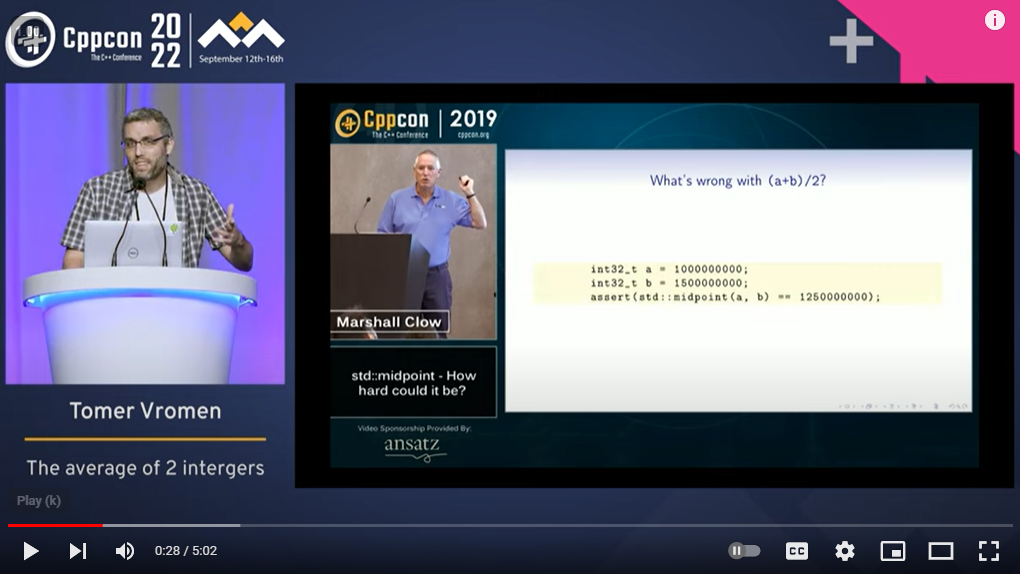 Registration is now open for CppCon 2023! The conference starts on October 1 and will be held
Registration is now open for CppCon 2023! The conference starts on October 1 and will be held 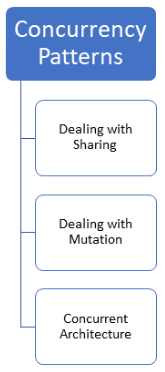 There are many well-established patterns used in the concurrency domain. They deal with synchronization challenges such as sharing and mutation but also with concurrent architectures. Today, I will introduce and dive deeper into them in additional posts.
There are many well-established patterns used in the concurrency domain. They deal with synchronization challenges such as sharing and mutation but also with concurrent architectures. Today, I will introduce and dive deeper into them in additional posts.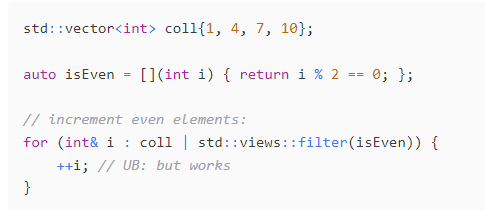 Nico Josuttis gave a talk recently that included an example and I wanted to explain what’s going on in this example, what the issue is, and what (if anything) is broken.
Nico Josuttis gave a talk recently that included an example and I wanted to explain what’s going on in this example, what the issue is, and what (if anything) is broken. Registration is now open for CppCon 2023! The conference starts on October 1 and will be held
Registration is now open for CppCon 2023! The conference starts on October 1 and will be held 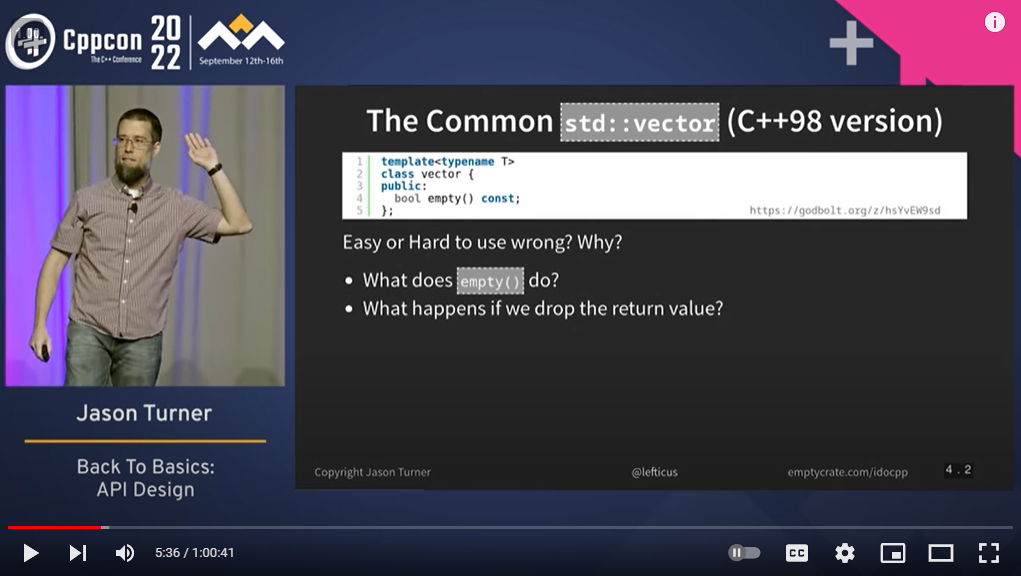 Registration is now open for CppCon 2023! The conference starts on October 1 and will be held
Registration is now open for CppCon 2023! The conference starts on October 1 and will be held